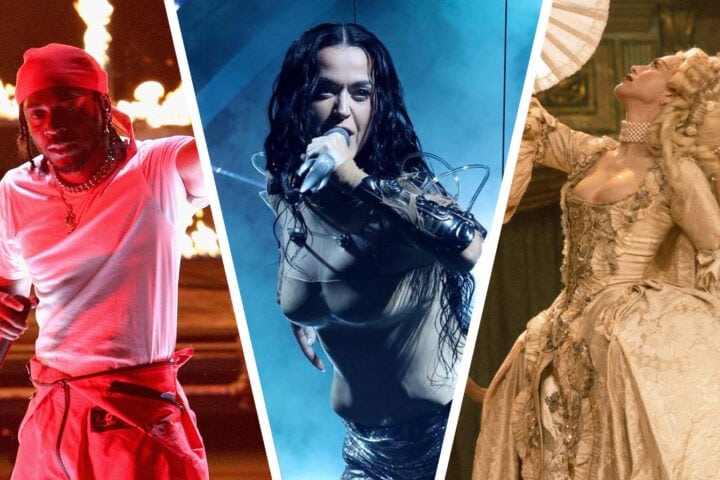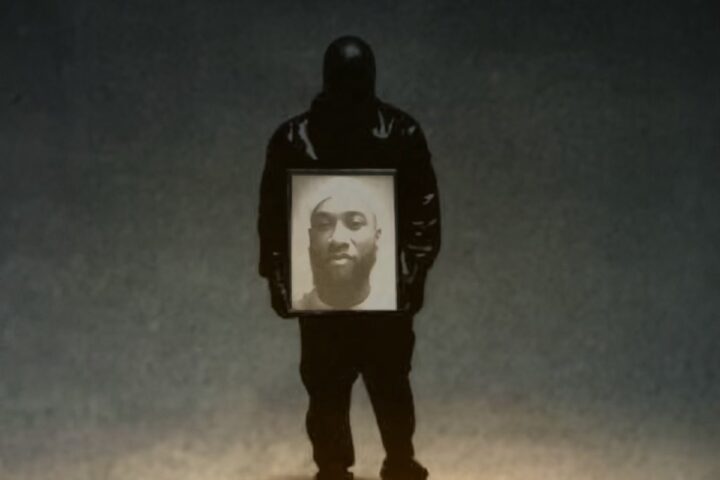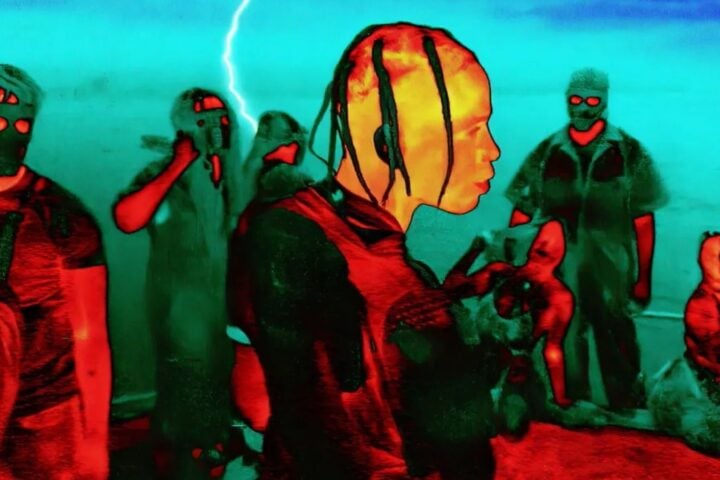Gunna’s sophomore effort, Wunna, was conceived and partly recorded in Montego Bay, a model that recalls the recording process of Kanye West’s 2010 opus My Beautiful Dark Twisted Fantasy and Travis Scott’s recent Astroworld, the latter of which features vocals from Gunna. Perhaps the rapper’s approach is a nod to Travis, and by extension Yeezy, but more likely, he was attempting to summon the artistic energies that made both of those albums so successful. What he achieves is something closer to Scott’s crowd-pleaser than the untouchable grandeur of West’s album, but Wunna occasionally manages strokes of ingenuity.
Gunna, né Sergio Kitchens, isn’t quite the curator or big-picture artist that West and Scott are, but Wunna does have a unifying concept: Gunna is a professed Gemini, an astrological sign he says is all about duality. “Wunna” is his alter ego, a supposedly looser, freer version of him that’s unshackled from the expectations and toil of everyday life. Despite some lyrics clearly written in the glow of new fame and its accompanying spoils, though, the character he plays on Wunna doesn’t seem remarkably different from the one that appears on his prior releases.
Like the alter egos that Megan Thee Stallion steps into throughout her work, there isn’t much trenchant character sketching here. Gunna’s narrator is bestowed with the usual rap accouterments: limitless travel, a lot of drugs, cars, designer clothes. And he’s simultaneously incredulous and coolly nonplussed about his life’s extravagance. But Gunna offers one of the smoothest flows in rap, so slur-y and easygoing it approaches R&B yet still retains the clipped poetry of hip-hop; he’s soft-spoken yet assured on tracks like the catchy “Dollaz on My Head.”
Like that of his mentor and executive producer Young Thug, who’s featured on “Dollaz on My Head” and “Far,” Gunna’s approach to verse marries intricate wordplay and melodic rhyming. And that combination is revealing both of the album’s strengths and weak spots. The punchy “Gimmick” sees the titular word, which the rapper assures us his skills can’t be reduced to, knocking around amid other consonant-dominant syllables: “Damn you fuckboys and you critics/Got the trap jumpin’ like crickets/Lambo truck look like it’s kitted.” Here, it’s the associational linking of lyrics, how the words are grouped together by their harsh sound, that hits hard, evincing Gunna’s astute feel for a full-on sensorial experience.
Soon after, on “Feigning,” the promise of the song’s title yields none of the verbal playfulness that characterized Gunna’s debut, Drip or Drown 2. The only nod to its name is Gunna invoking “fiending,” which scans as (perhaps self-aware) malapropism. Another title in search of a song is “Rockstar Bikers & Chains,” whose transportive scenery is conveyed only by producer Wheezy’s jagged beat. The song itself is compelling but too short, almost like a rough draft—though the lyric “I got more whips than a slave” is provocative by this artist’s standards.
At 50 minutes, the album’s length isn’t an issue, but one wishes that Gunna had selected a fraction of these 18 tracks and expanded them past the two-minute mark and cut filler like “Blindfold,” “Met Gala,” and “I’m on Some.” As is, the album’s centerpiece is “Nasty Girl/On Camera,” a raunchy romanticist medley à la Justin Timberlake’s “LoveStoned/I Think She Knows” or “FutureSex/LoveSound.” Here, atop two exemplary beats, Gunna raps with brio about his global sexual escapades “all over the world.” His delivery is galvanizing, bullish, yet sweetly conversational. Sonically, “Nasty Girl/On Camera” is more unsettling than most Gunna tracks, its needling high-pitched keys plummeting with each massive 808 in the first half, giving way to a skittering landscape of glitchy synths. Though his formal aims can register as more signified than substantiated, this ambitious track exemplifies Gunna’s ostensible evolution from trap easy-listening to big-canvas rap artistry.
Since 2001, we've brought you uncompromising, candid takes on the world of film, music, television, video games, theater, and more. Independently owned and operated publications like Slant have been hit hard in recent years, but we’re committed to keeping our content free and accessible—meaning no paywalls or fees.
If you like what we do, please consider subscribing to our Patreon or making a donation.




